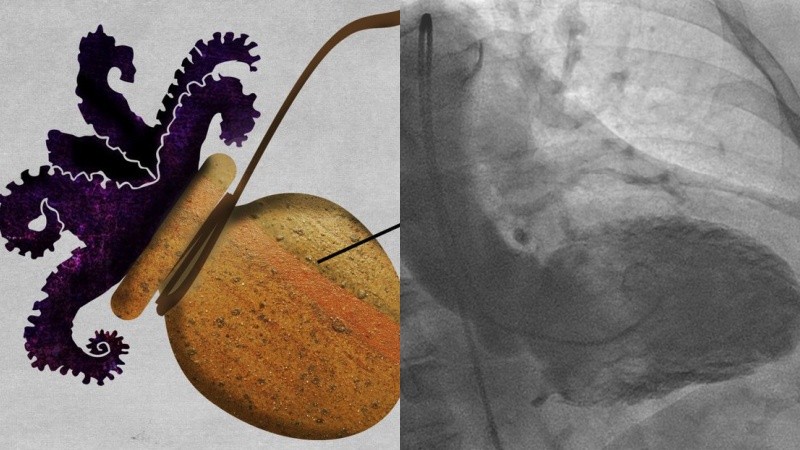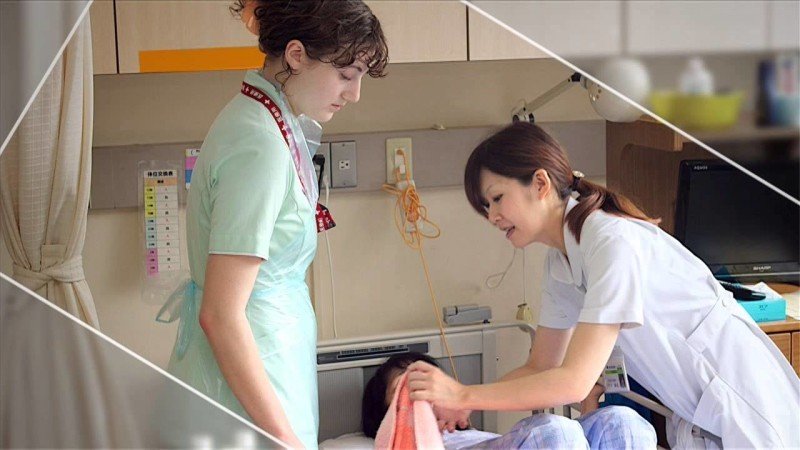Have you heard of Takotsubo? This disease is one of the few that carries its Japanese name but is also known as broken heart syndrome, which is a stress-induced cardiomyopathy that affects our body after a significant emotional stress.
This Syndrome happens mainly because of tragedies such as the death of a loved one, the end of a relationship or any other thing that causes a lot of anxiety and emotional weakening. That's why this disease is also called Broken Heart Syndrome.
As consequences, people who have lost a close relative and end up having this sadness in the form of syndrome may end up dying earlier. Things involving danger, loss, threats, mourning, and even happy situations that cause a lot of anxiety can cause takotsubo (wedding, victory).
It's not just emotional sadness or despair, it's a real illness that physically affects the shape of the heart. His musculature is quite weak causing even heart failure.
Table of Content
History of Takotsubo Cardiomyopathy
The stress-induced cardiomyopathy or broken heart syndrome got its name from Takotsubo [蛸壷] because of a trap that the Japanese use to catch octopus. This trap looks like a pot, where the word tako [蛸] means octopus and [壷] means jar and pot.
Literally, the disease was named Polvo no pote! The schematic representation of takotsubo cardiomyopathy really resembles the octopus being captured by a pot. Our heart expands in such a way with this stress that we hardly manage to get out of this pot.

Since 1967, influential people of the time have claimed that the loss of a relative or a situation of extreme stress could negatively affect a person's health. Cebelin and Hirsch were one of the first to write about human stress cardiomyopathy in 1980.
The first confirmed case of Takotsubo Cardiomyopathy was in Japan in 1991, soon after several other cases appeared in the country, but it was only around 2001 that Westerners recognized this syndrome, which ended up keeping the Japanese name.
The main characteristic of takotsubo is the sudden and transient dysfunction of the left ventricle (it becomes dilated).
INFORMATION ABOUT Broken Heart Syndrome
Many end up thinking that diseases caused by emotion do not affect our body, but Takotsubo Cardiomyopathy can result in heart failure, arrhythmias and ventricular rupture.
Consequently, this stress can even cause death. Things like asthma, surgeries, chemotherapy and stroke are also largely responsible for takotsubo.
Takotsubo it is just one of the existing forms of cardiomyopathies. There are some of inflammatory, alcoholic, hypertensive, ischemic, nutritional origin and many others.

Broken heart syndrome is considered a transient disorder, but it doesn't mean that everyone who experiences great stress goes through takotsubo. Few people who experience this situation are at risk of death (5%).
This disease affects only 2% of the Japanese and 3% of the population of other countries. Not to mention that 90% of the people who suffer from this syndrome are women. This disease occurs most often among people aged 58 to 75 years.
How to Infentify Takotsubo Syndrome
Even today it is difficult to identify this disease, since its duration can be short if the stress is eliminated. Many end up being diagnosed when they go to a cardiologist because of heart failure.
Doctors end up diagnosing this syndrome when there is transient left ventricular hypokinesia, akinesia, or dyskinesia. Also with the absence of arterial pathology, pheochromocytoma and myocarditis.

The patient also has a sudden onset of congestive heart failure along with electrocardiogram changes that suggest myocardial infarction and evidence of acute plaque rupture.
Although stress is responsible for 85% of cases of stress cardiomyopathy, there are other causes such as transient vasospasm, microvascular dysfunction, midventricular obstruction and catecholamines.
How to treat Stress MYOCARDIOPATHY
There is no specific treatment for takotsubo, the heart muscle usually recovers in a few weeks. The drugs used usually fight the symptoms resulting from the syndrome that is usually heart failure.
What we can do is avoid as much as possible the stress and overwork of the heart. Some turn to psychologists to vent, while others simply turn to nature; a great help is the practice of shinrin-yoku forest bathing.

There are countless things we can also do to lessen emotional stress and help get through the loss of a loved one or the end of a great relationship. Below we will list these things:
- Maintaining a good diet will help you deal with stress or grief;
- Walking and exercising relieve negative emotions.
- Do not rush when making decisions;
- Getting enough sleep is good for lessening sadness and killing tiredness;
- Avoid harmful habits such as drinking or drugs;
- Distract with friends and new things;
- Have a routine and always keep yourself busy;
- Don't try to force your brain to forget the reason for stress or sadness;
- Helping others can bring you joy and satisfaction;
- Fight against the desire to isolate yourself;
Caution: Although many patients present low blood pressure, the use of inotropic agents can intensify and exacerbate stress-induced cardiomyopathy.
We recommend reading our article about Japanese techniques to relieve stress and relax by clicking here.
Did you know about the broken heart syndrome called Takotsubo? I hope you enjoyed the article, if you did, don't forget to share it with your friends on social media.
